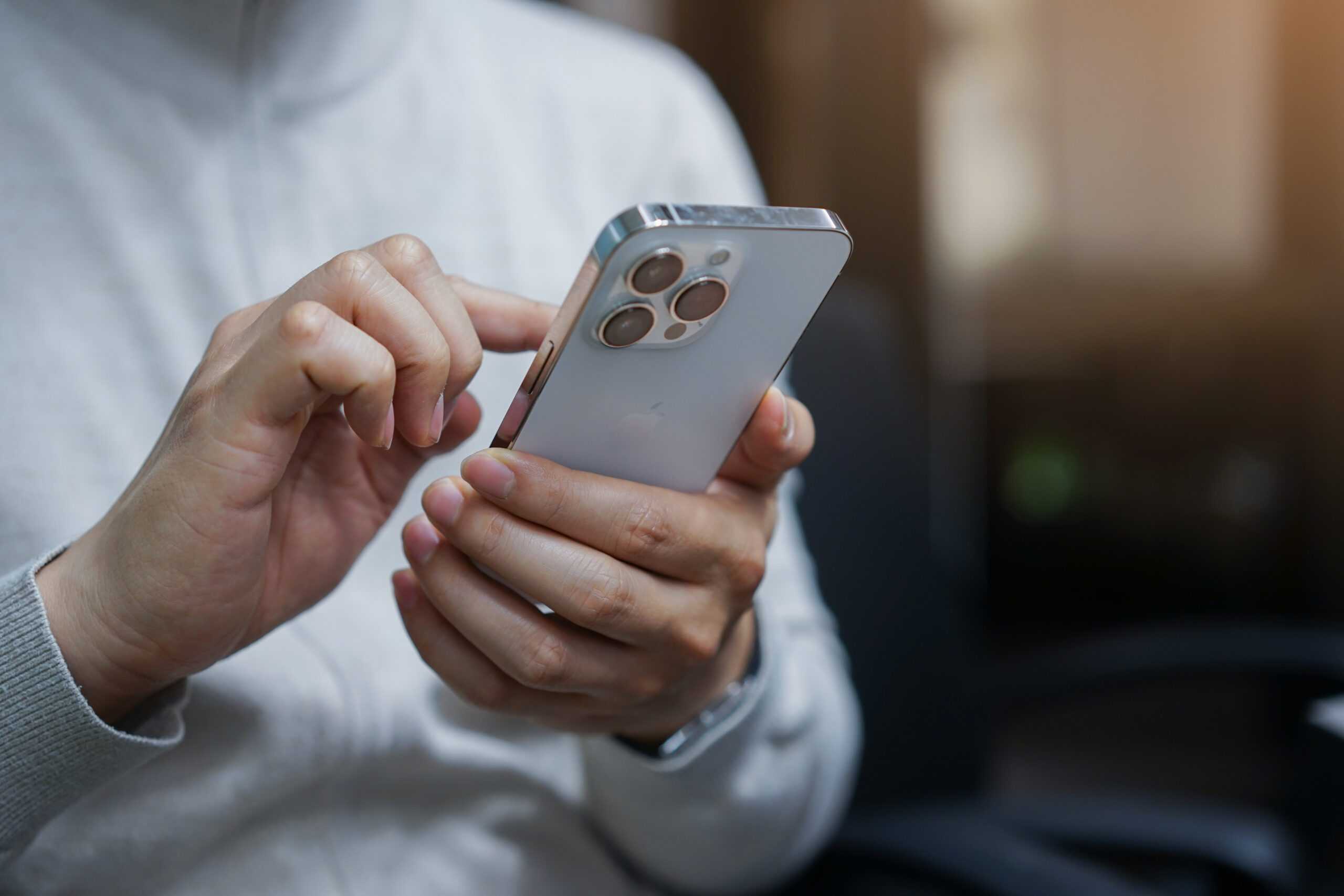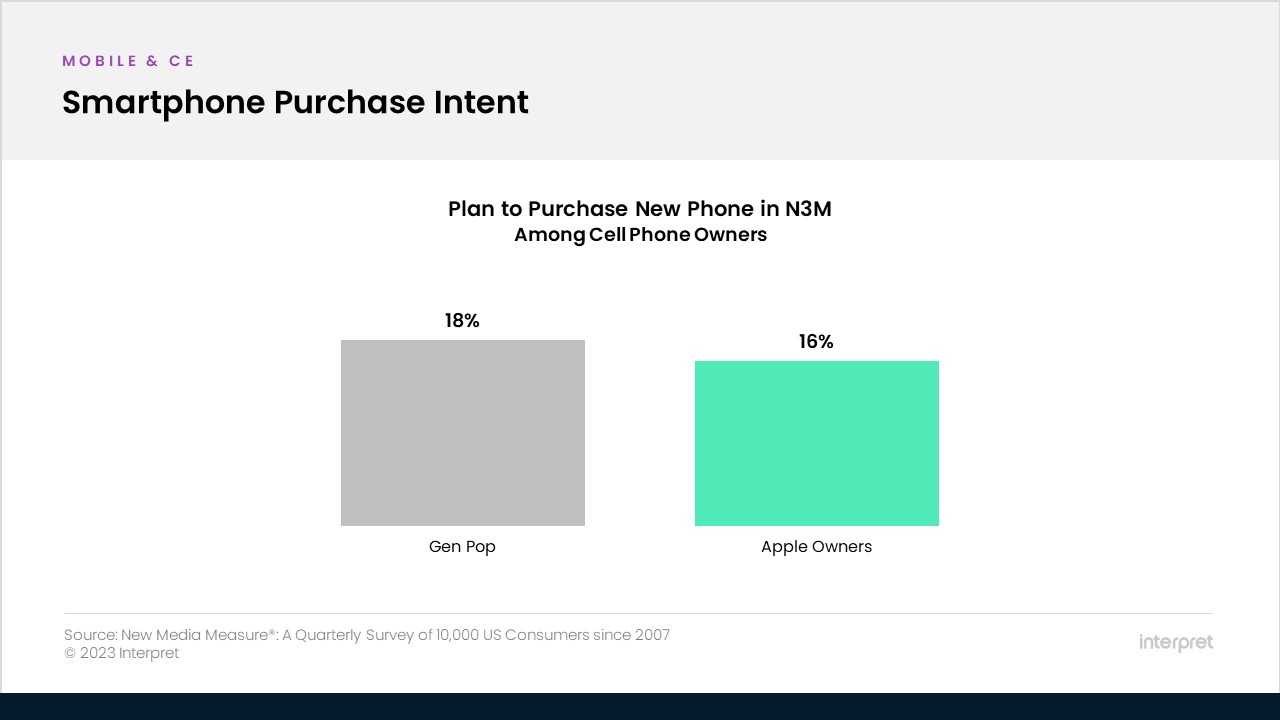At the end of September, Apple released its latest round of iPhones, the iPhone 15 (starting at $799), iPhone 15 Plus (starting at $899), iPhone 15 Pro (starting at $999), and the iPhone 15 Pro Max (starting at $1,199). The biggest change across the lineup is that Apple has, for the first time, embraced USB-C instead of its proprietary lightning connection. The Pro models also have a new brushed titanium alloy frame, thinner bezels, and Apple’s latest A17 Pro chipset that supports hardware-accelerated ray tracing with its integrated six-core GPU.
That chipset now enables a console-like gaming experience, which Apple touted during its launch event, showcasing games like Resident Evil Village and Resident Evil 4 Remake. And thus far, critics have been impressed. “Resident Evil Village on iOS is a remarkable sight to see. It’s hard to tell any difference between playing the game on a console,” Cnet noted. “From the accurate textures on the characters to the lighting and shadow effects, the game looked as good as it did as when I played it on the PlayStation 5 back in 2021.”
As for the iPhone 15 and iPhone 15 Plus, Apple is integrating the Dynamic Island and A16 Bionic chips used in last year’s Pro models to make those models slightly more affordable. The smartphone market has evolved considerably in the last several years, and it’s easier than ever to get a powerful smartphone at a good price, so Apple has to keep that in mind as well.
That said, the era of yearly smartphone upgrades is in the rearview mirror, and more consumers are content to use their devices for a number of years. With most reviews pointing out that iPhone 15, unsurprisingly, is “boring” and offers the usual camera enhancements and other iterative improvements, the new lineup isn’t necessarily for people who already have an iPhone 14. In fact, according to Interpret’s New Media Measure®, about 62% of current iPhone owners have an iPhone 12 or older model.
This is the group that Apple no doubt is looking to attract to its newest iPhone lineup, but the challenge is that iPhone owners may hold onto their smartphones a little longer than other consumers, as Interpret data also reveals that just 16% of Apple owners intend to purchase a new smartphone in the next three months compared to 18% of the general population that’s looking for a new phone.





